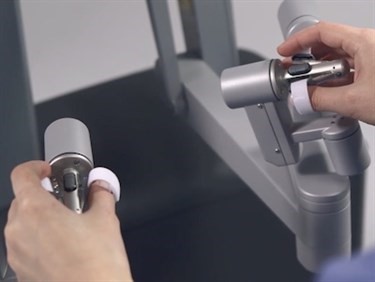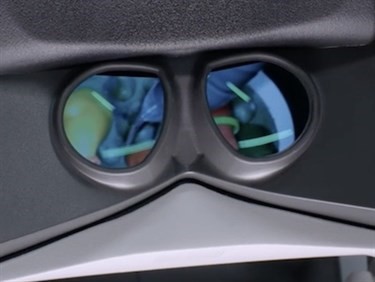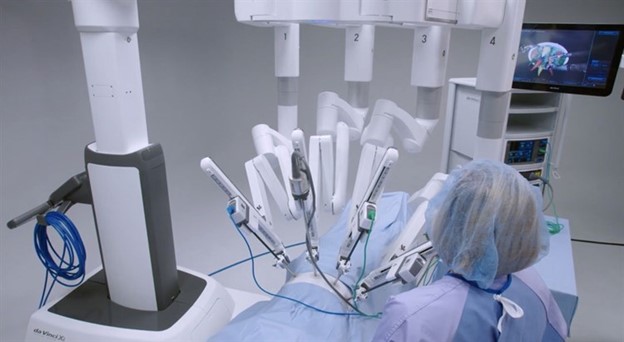Login
Robotic Thoracic Surgery
Robotic thoracic surgery is a revolutionary advancement in surgery
Robotic Thoracic Surgery
Robotic thoracic surgery is a revolutionary advancement in minimally invasive surgery for the treatment of benign and malignant tumors of the lungs, esophagus, mediastinum and chest wall. The da Vinci® Xi robot is now used for a wide array of thoracic procedures at Christiana including wedge resection, segmentectomy, lobectomy, esophagectomy, hiatal hernia repair and first rib resection.
How is Robotic Surgery Performed?
Surgery is performed in a specially designed operating room. The surgeon controls all movements of the robot and the robot does not act autonomously. The robot's “wristed” instruments are guided by the surgeon allowing for unparalleled dexterity, precision, and control. Visualization of the surgery is provided by a 3-D/high-definition console.


Advantages of Robotic Thoracic Surgery
Robotic surgery is a major advance for thoracic surgeons. The da Vinci® Xi surgical robot operates through small incisions. The instruments rotate along pivot points at the chest wall, minimizing pressure on sensitive nerves which lessens post-operative pain and speeds recovery.
The da Vinci® Xi surgical robot offers 3-D/high-definition images, scalable motion, and seven degrees of freedom enabling surgical precision. The robotic instruments are an extension of the surgeon’s hands, providing him/her with the tools to perform intricate procedures in confined spaces.



